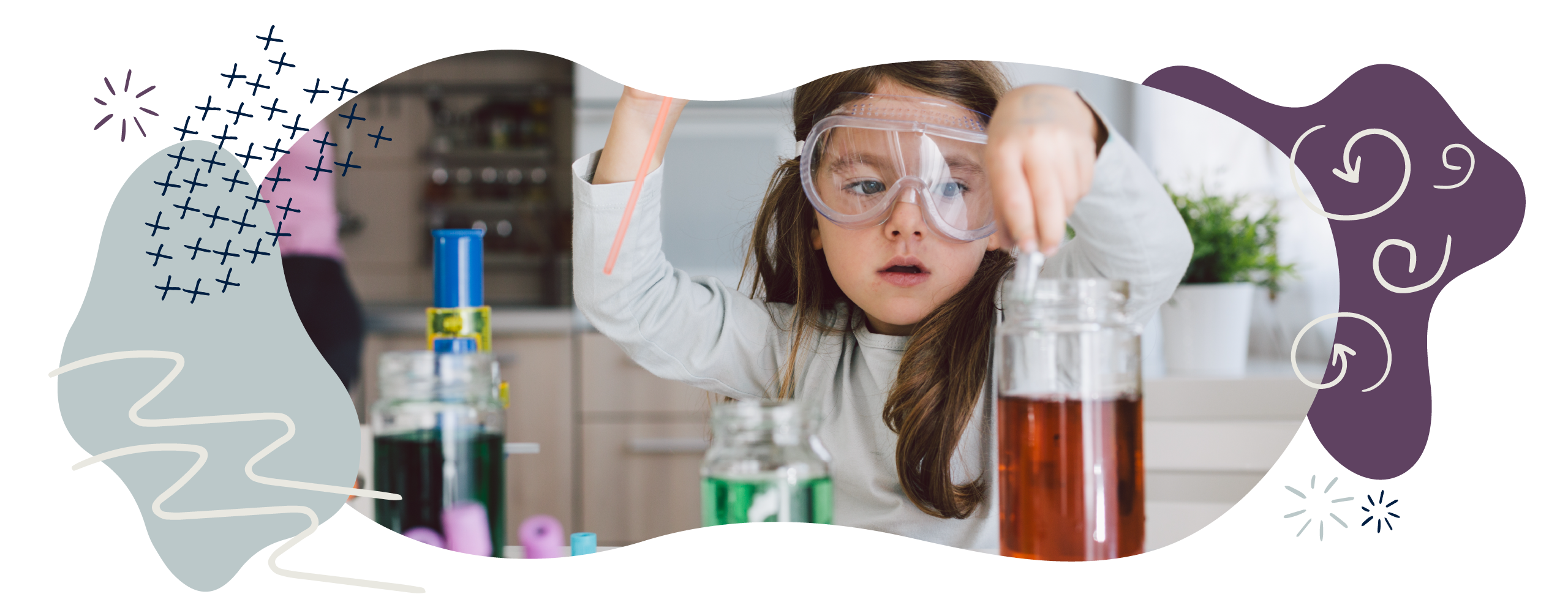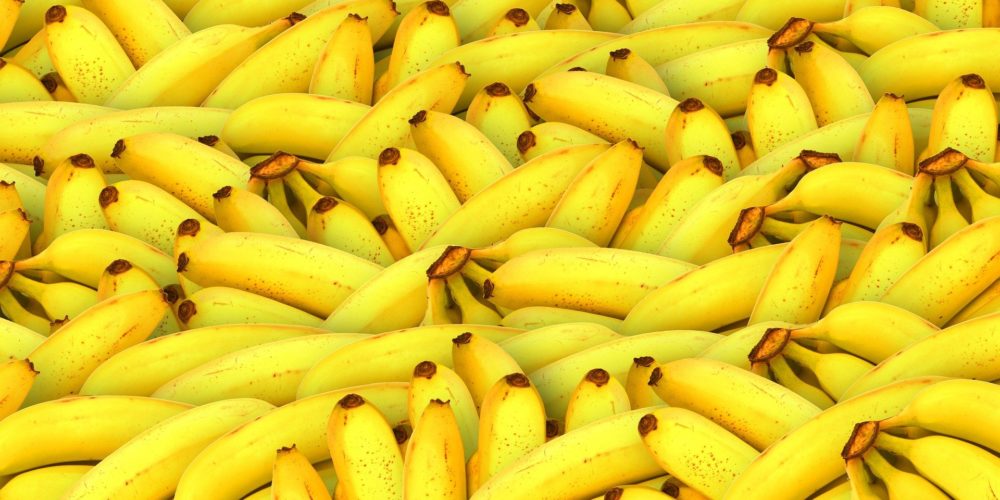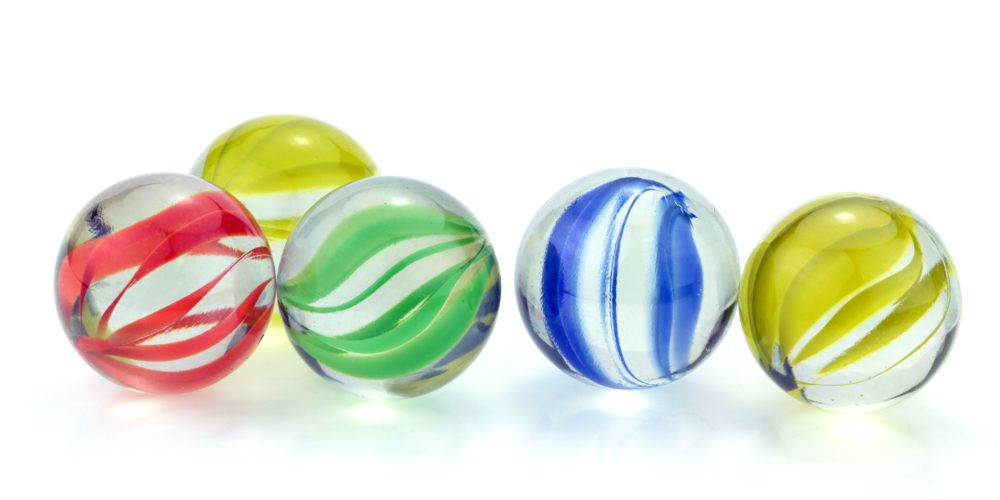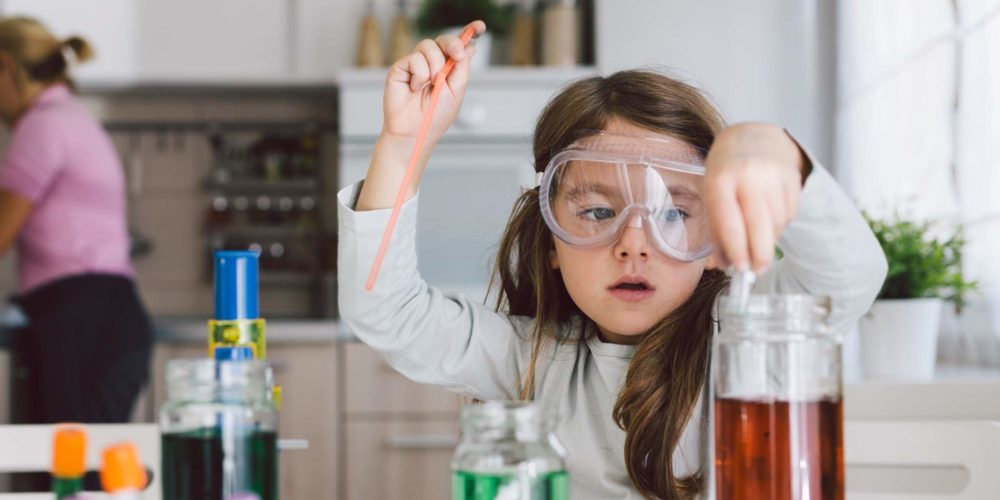Science at primary school
Along with English and maths, science remains one of the main core subjects in primary school. It can be one of the most exciting and practical subjects and, as a result, is a real joy for teachers and pupils.
Children love the chance to learn through being totally hands-on and finding things out for themselves — the perfect way to understand the world around them. A positive primary science experience is also key to encouraging future generations to not only study this at secondary school, but also potentially to follow it as a career.
What your child will learn
Below you’ll find information about the science curriculum in primary schools in England.
Science in the Early Years Foundation Stage
Activities such as these will help your child to develop important skills such as observation, prediction and critical thinking.
Science in Key Stage 1 and Key Stage 2
The content of science teaching and learning is set out in the 2014 National Curriculum for primary schools in England. Within this, certain topics and areas are repeated across year groups, meaning that children may revisit a particular topic in each year of primary school but with increasing difficulty and with a different focus each time.
For example, the area of animals, including humans is examined in every single year group, with a very clear progression of knowledge and understanding over the six years:
- In Year 1 this involves looking at the human body, recognising animal groups and sorting these animals.
- By Year 6, this will have developed into knowing the internal structure of the human body in relation to circulation, classifying living things based on more complex characteristics and exploring scientific research into this classification.
Alongside these areas runs the Working Scientifically element. This focuses on the skills the children need to become accurate, careful and confident practical scientists. Children are expected to master certain skills in each year group and there is a very clear progression of these set out for each school to refer to.
For example:
- In Year 1 a child may have to ask questions, carry out a simple test, record simple data and then try to answer questions.
- By Year 6, they should be able to plan and carry out a fair test by using equipment accurately and taking exact readings or measurements. They are also expected to be able to draw conclusions from their results and record them using a range of graphs and charts.
Science in Year 1 (Age 5–6)
In Year 1, your child will learn about:
-
- Plants (basic structure)
- Animals including humans (basic knowledge of parts of human body and comparing animals)
- Everyday materials (describing properties)
- Seasonal changes.
Science in Year 2 (Age 6–7)
In Year 2, your child will learn about:
-
- Plants (what plants need to grow)
- Animals including humans (needs for survival, food and hygiene)
- Use of everyday materials (explore and compare materials for uses)
- Living things and their habitats (explore variety of habitats, simple food chains).
Science in Year 3 (Age 7–8)
In Year 3, your child will learn about:
-
- Plants (life cycles)
- Animals including humans (nutrition, skeleton and muscles)
- Rocks (fossils and soils)
- Light (reflection and shadows)
- Forces and magnets (magnetic materials, attracting and repelling).
Science in Year 4 (Age 8–9)
In Year 4, your child will learn about:
-
- Animals including humans (digestive system, teeth and food chains)
- Living things and habitats (classification keys)
- States of matter (changes of state, evaporation and condensation)
- Sound (vibration, pitch and volume)
- Electricity (simple circuits, insulators and conductors).
Science in Year 5 (Age 9–10)
In Year 5, your child will learn about:
-
- Animals including humans (human development from birth to old age)
- Living things and their habitats (life cycles and reproduction in humans and plants)
- Properties and changes of materials (dissolving, separating materials, reversible and irreversible changes)
- Forces (gravity, air resistance, water resistance, friction)
- Earth and Space (Earth, Sun and Moon, the solar system).
Science in Year 6 (Age 10–11)
In Year 6, your child will learn about:
-
- Animals including humans (circulatory system, diet and exercise, healthy living)
- Living things and their habitat (classification, characteristics of plant and animal groups)
- Light (how it travels, how we see, shadows)
- Electricity (voltage and power in circuits, circuit components, symbols and diagrams)
- Evolution and inheritance (how living things have changed over time, fossils, dinosaurs, adaptation to environment).
How to help at home
1. Be interested
Find out their focus topics and take an interest — find relevant books in the library or bookshop, do some research, brush up your own knowledge about the topic and have interesting conversations where you are both learning at the same time.
2. Take a trip
Why not take a trip to a science museum, a zoo or an aquarium? These don’t necessarily need to be completely related to what they are learning about at school. Any visit can help their curiosity and engagement with science more generally.
3. Make it personal
Find out about famous scientists and research unique and exciting inventions up to and including the present day. Who knows, you may have the next Stephen Hawking or Marie Curie at home.
4. Get hands-on
Look up fun, practical science experiments you can do at home with everyday objects. You will find our blog is full of articles, activities and ideas for home learning – have a look by clicking here.
For example:
-
- Ask ‘What happens when you mix food colouring with milk?’ Then add washing up liquid and watch what happens.
- Why not try making your own mini exploding volcano? Just add bicarbonate of soda, food colouring, washing up liquid and vinegar. Then stand back and watch the eruption!
- A real favourite would have to be ‘gloop’ — use water and cornflour (add food colouring too if needed) to explore solids and liquids. Just be prepared to get messy!
Anything where they can be hands-on and see the science happen in front of their eyes is guaranteed to get them interested.
More from Oxford Owl
Science at home
Find out how to extract DNA from a banana!
Science for fun
Find six super science activities to try at home here!
Discovery walks
Find fun outdoor learning activities for young scientists here!
Books to inspire young scientists
The best books for curious minds.
All information on Oxford Owl for Home is aligned with the National Curriculum for England. Much of this information is also relevant for children in Scotland and Wales.




